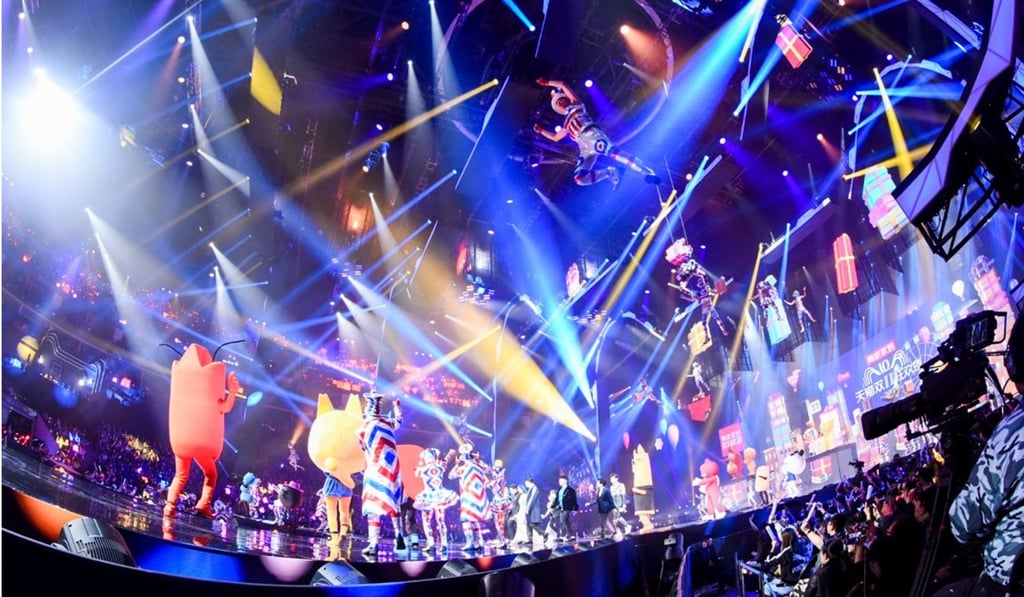What it’s like to be at Alibaba’s Singles’ Day 24-hour shopping extravaganza

Shoppers spent a record US$30.8 billion on the day, which starts with a gala featuring performances by singer Mariah Carey and Cirque du Soleil acrobats
I have never seen a shopping event quite like Alibaba’s Singles’ Day: it involves 24 hours of massive sales, overwhelming festivities and, bizarrely enough, American singer Mariah Carey.
In the hours before Sunday, November 11, the Chinese e-commerce conglomerate, which owns the South China Morning Post, kicked off its 10th year of Singles’ Day festivities in Shanghai.
Twenty-four hours later, Alibaba reported that customers had spent US$30.8 billion, or almost three times as much as the combined spending of American shoppers at last year's Black Friday – the US shopping holiday on the day after Thanksgiving – and Cyber Monday – the US holiday on the Monday after Thanksgiving.
I had the good fortune to be in Shanghai for the entire thing, witnessing the most over-the-top, futuristic and exhausting shopping celebration I have ever seen.
Here’s what it was like to take part in Alibaba’s Singles’ Day, as well as what it means for the future of the retail industry.
Singles’ Day starts with a four-hour “gala” show.
Imagine New York’s Macy’s Thanksgiving Day Parade had quadruplets with Amazon Prime Day – a discount shopping day in July in the United States – and you've got the general idea.

Most people watch the gala – basically a variety show featuring singers, performers and even retired NBA basketball star Allen Iverson overseeing a basketball competition – on television or on their phones.
People can look for shopping discounts on their phones on Alibaba’s shopping websites, such as Taobao and Tmall as they watch the show.